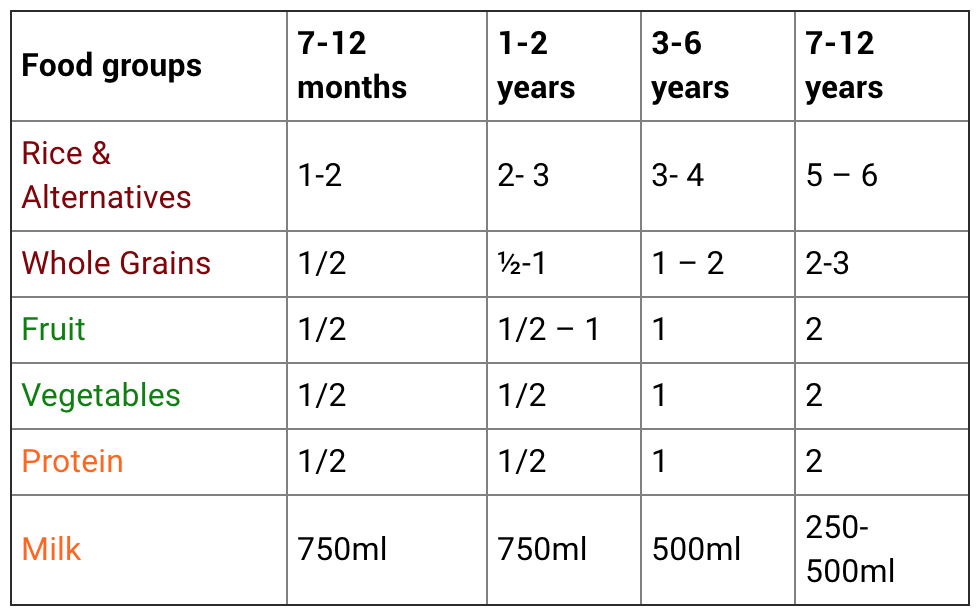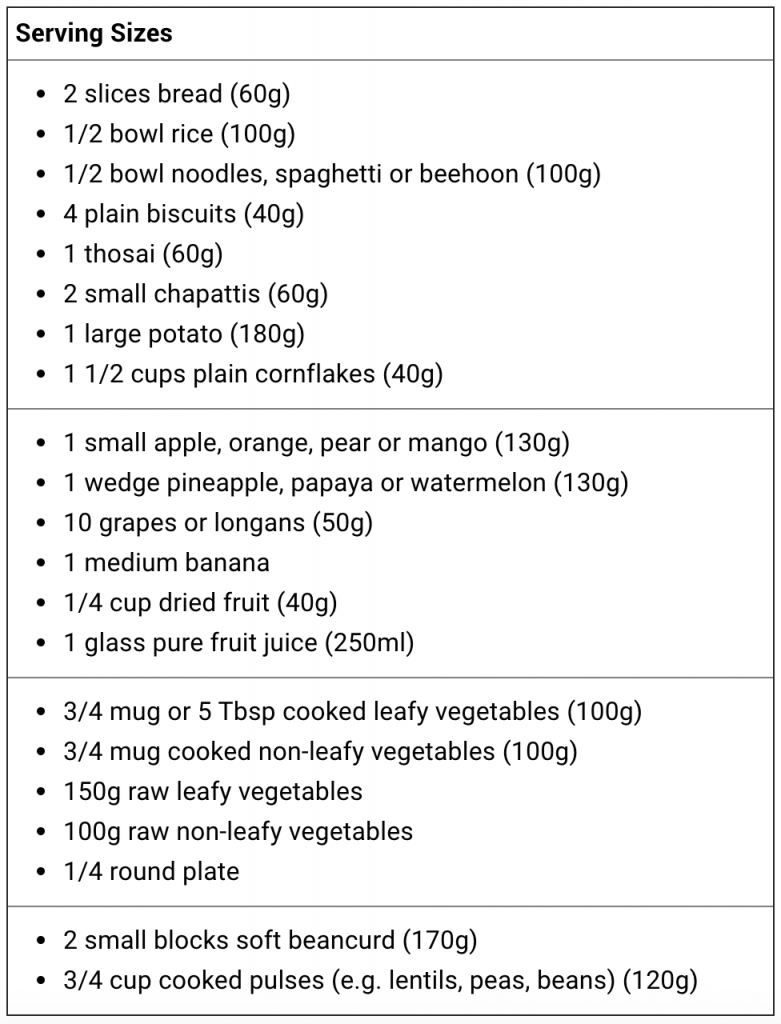According to The American Dietetic Association (ADA), “Appropriately planned vegetarian diets, including total vegetarian or vegan diets, are healthful, nutritionally adequate, and may provide health benefits in the prevention and treatment of certain diseases.”

Introducing a vegetarian diet to your infant
Breastfeeding is common in vegetarian women, and this practice should be supported. The breast milk of vegetarian women is similar in composition to that of non-vegetarians and is nutritionally adequate. Commercial infant formulas should be used if infants are not breastfed or are weaned before 1 year of age. Soy formula is the only option for non-breastfed vegan infants. Other preparations including soymilk, rice milk, and homemade formulas should not be used to replace breast milk or commercial infant formula.
Solid foods should be introduced in the same progression as for non-vegetarian infants, replacing strained meat with mashed or pureed tofu, legumes (pureed and strained if necessary), soy or dairy yogurt, cooked egg yolk, and cottage cheese. Later, around 7 to 10 months, foods such as cubed tofu, cheese, or soy cheese and bite-size pieces of veggie burgers can be started.
Commercial, full-fat, fortified soy milk or pasteurized cow’s milk can be used as a primary beverage starting at age 1 year or older for a child who is growing normally and eating a variety of foods. Foods that are rich in energy and nutrients such as legume spreads, tofu, and mashed avocado should be used when the infant is being weaned. Dietary fat should not be restricted in children younger than 2 years.
Benefits:
The results of an evidence-based review showed that a vegetarian diet is associated with a lower risk of death from ischemic heart disease. Vegetarians also appear to have lower low-density lipoprotein cholesterol levels, lower blood pressure, and lower rates of hypertension and type-2 diabetes than non-vegetarians.
Furthermore, vegetarians tend to have a lower body mass index and lower overall cancer rates. Features of a vegetarian diet that may reduce risk of chronic disease include lower intakes of saturated fat and cholesterol and higher intakes of fruits, vegetables, whole grains, nuts, soy products, fiber, and phytochemicals.
Concerns:
Growth of lacto-ovo-vegetarian children is similar to that of their non-vegetarian peers. Poor growth in children has primarily been seen in those on very restricted diets. Frequent meals and snacks and the use of some refined foods (such as fortified breakfast cereals, breads, and pasta) and foods higher in unsaturated fats (e.g. foods cooked in olive oil, peanut oil, corn oil or sunflower oil) can help vegetarian children meet energy and nutrient needs.

Average protein intakes of vegetarian children (lacto-ovo, vegan, and macrobiotic) generally meet or exceed recommendations. Vegan children may have slightly higher protein needs because of differences in protein digestibility and amino acid composition but these protein needs are generally met when diets contain adequate energy and a variety of plant foods.
Vegetarians have to be careful to include the following key nutrients that may be lacking in a vegetarian diet:
- Iron
- Calcium
- Protein
- Vitamin D
- Vitamin B12
- Zinc
- Iodine
Your child needs to include foods high in these nutrients, take a milk formula enriched with these nutrients or may need to take a daily multiple vitamin and mineral supplement.
The Singapore Health Promotion Board recommends the following portion sizes for healthy children. You may use it as a guide to plan your (child’s) daily meals to ensure a balanced diet. Try to include a variety of foods to ensure a good distribution of nutrient intake.

Recommended serving sizes for children (replacing non-vegetarian for foods suitable for vegetarians)

Note: *1 cup/mug = 250 ml, 1 plate = 10 inch plate

Ms Suzanne Khor
Principal Dietitian
SBCC Baby & Child Clinic (Asthma, Lung, Sleep, Allergy & Paediatric Centre)
Nobel Gastroenterology Centre (Gleneagles Medical Centre)
Nobel Gastroenterology Centre (Mount Elizabeth Novena)
Our Specialist
Suzanne Khor has been practicing as a clinical dietician for the past 18 years. She obtained her postgraduate degree (Masters of Health Science Education) from the University of Sydney Australia. Her special interests are nutrition in feeding difficulties, diet therapy for neurological disorders, eating disorders and weight management.









